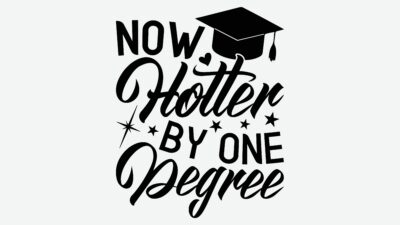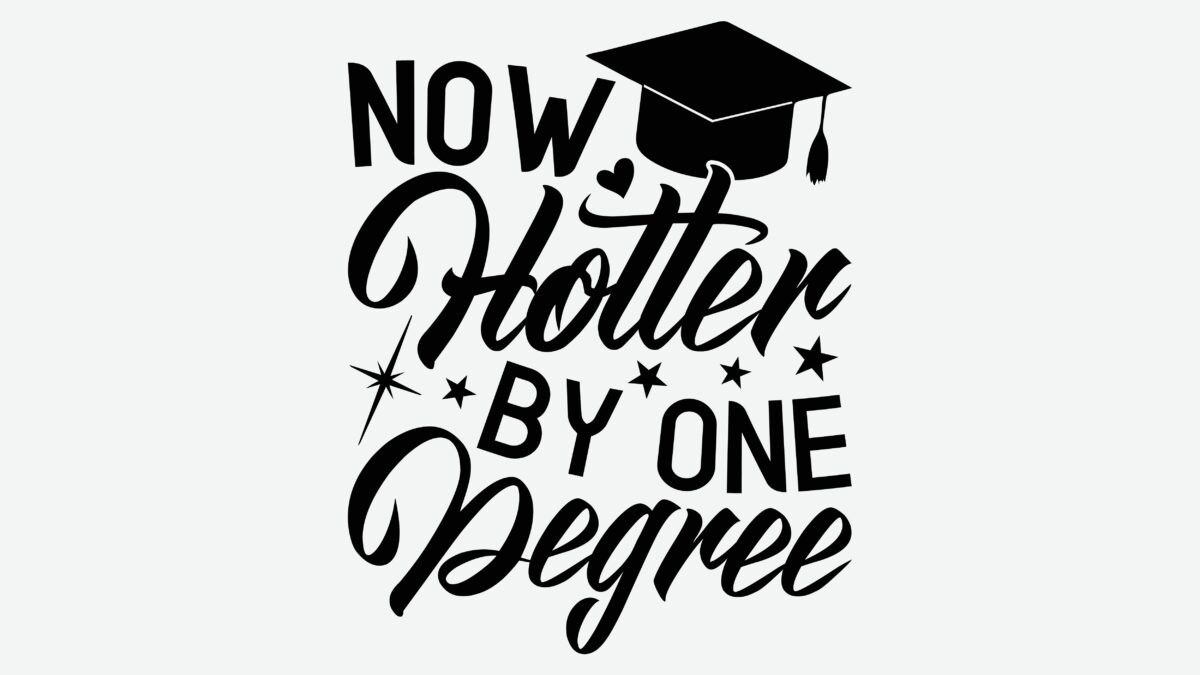



Becoming a personal trainer involves understanding what prerequisites are set for the role. Reflect for a moment on what skills and qualifications would resonate with clients looking for a professional to guide them through their fitness journey. Knowledge, trust, and expertise are non-negotiable.
To your advantage, a formal degree is not a gatekeeper to enter the field of personal training. In fact, personal training is a high-paying job that can be done without going to Uni.
However, having the right credentials signifies your commitment and mastery of the necessary skills. In the UK, opting for a non-degree path requires selecting courses recognized by the Chartered Institute for the Management of Sport and Physical Activity (CIMSPA). This acknowledgement serves as your backstage pass to the industry, signaling adherence to nationally endorsed standards.
Earning certification involves actively pursuing education on critical elements of fitness and health. Courses cover exercise science, program design, client communication techniques, and essential business operations. What’s more, certifying bodies frequently mandate a passing score on an exam to ensure a thorough understanding of these topics. Ask yourself, are you prepared to immerse yourself in learning and acquiring the expertise that potential clients will expect?
Dive into the array of accredited personal training programmes to find the one that aligns with your career objectives. Imagine the sense of achievement when you hold that certificate, backed by robust knowledge and the promise of transforming lives, one workout at a time.
A course in personal training reflects its adherence to the rigorous educational standards established by a recognized accrediting body. When a program earns accreditation, it has demonstrated a commitment to the highest quality of education in the fitness realm. Earning a degree or certification from an accredited institution assures peers, clients, and employers of the practitioner’s competence and professional excellence.
Selecting an accredited program should be a strategic move. This decision can shape the foundation of a professional career in personal training. Accredited programs offer curricula that meet industry standards, often lead to better job prospects and are sometimes a prerequisite for certain employment opportunities or advanced certifications.
Aspiring personal trainers should carefully consider the advantages of investing in an accredited program to enhance their credibility and marketability in the fitness industry.
When starting a career as a personal trainer, one encounters a crossroads: to pursue standalone personal training courses or invest in a comprehensive degree. Each road has distinct benefits and limitations tailored to diverse career objectives and learning preferences.
Prospective students must acknowledge that university programs generally demand a higher level of academic achievement compared to private fitness courses. Universities typically require a high school diploma, with particular interest in the grades of related subjects such as biology, physical education, and health sciences.
Moreover, candidates are often expected to provide evidence of their motivation and commitment, which might include a personal statement, references, or relevant work experience.
In contrast, the gateway to personal training courses is less stringent, often only mandating candidates to be at least 16 years of age. These courses are more accessible and can be a starting point for individuals looking to enter the fitness industry quickly.
While private courses pride themselves on their practicality and ease of entry, a degree program delves deeper into the science and management behind personal training, which may explain the rigorous admission process. It is essential for aspiring personal trainers to weigh these requirements when choosing their educational path.
By understanding the entry requirements of personal trainer degrees and courses, candidates can better prepare themselves for a successful career in the fitness industry. We are not saying that these types of personal training degrees are useless, however, we encourage you to consider other alternatives.
A degree or equivalent qualification in personal training paves the way for a multitude of career opportunities within the sports and fitness industry. With such qualifications, personal trainers can diversify their professional pursuits.
Beyond individual clientele, fitness instructors lead group classes in gyms, health clubs, or specialized studios. Their expertise shapes exercise routines for diverse groups. However, a Fitness Instructor cannot work as a PT, whereas a PT can work as a fitness instructor, so being a Personal Trainer allows you to earn more.
Learn more: Become a Fitness Instructor
Advanced qualifications enable personal trainers to assume leadership roles, such as managing a health club. Responsibilities encompass staff coordination and facility management.
A nuanced focus on behavioural change and lifestyle improvement defines the wellness coach role. Understanding individual client struggles is their cornerstone.
Personal trainers may concentrate on niche areas, such as youth sports, senior fitness, or rehabilitation. Specialized expertise attracts clients with specific goals or needs.
Some trainers navigate the corporate sector, designing and delivering in-house fitness programs for employees. This role emphasizes health promotion within the workplace.
Graduates can launch their own training businesses, leveraging their knowledge of entrepreneurship. Success requires adeptness at business planning and client acquisition.
A specific focus on athletes who aim to enhance performance standards makes personal trainers invaluable as strength and conditioning coaches for sports teams.
The field encompasses more than these roles, with education in personal training acting as a keystone for such career diversity. Qualifications create a platform for personal trainers to jumpstart careers aligned with their passions within the realm of sport and fitness. The road to success hinges upon an individual’s dedication, specialization, and ability to pivot within these varied roles.
A common misconception circles around the outcomes of personal trainer educational pathways. Individuals who graduate from dedicated personal trainer degree programs and those who complete vocational personal training courses navigate different career trajectories. This diverges from the notion that one academic path in personal training trumps another.
Those who invest in a personal trainer degree benefit from a comprehensive curriculum. This encompasses areas such as health science, nutrition, psychology, and business management. Graduates with a degree often present themselves as well-rounded candidates capable of igniting careers beyond personal training. Possibilities include wellness coaching, corporate fitness leadership, and advanced roles within healthcare facilities.
Vocational courses in personal training typically enable participants to delve quickly into the practical aspects of the profession. As a result, these courses are suited for those aspiring to enter the workforce promptly, equipped with hands-on training and industry-applicable skills. Fitness centers, local gyms, and community programs regularly seek professionals with specialised vocational training.
The assumption that one form of education universally outperforms the other in personal training careers does not hold up to scrutiny. Each educational route equips candidates with unique skill sets that appeal to particular segments of the job market.
A question stands: What aspirations do you harbour within the realm of fitness and personal training? Reflect on your career vision, as your answer will influence the academic course best suited for your journey in personal training.
Starting a career in personal training involves more than just understanding fitness routines and nutrition. The best degrees for becoming a personal trainer lend a comprehensive foundation across various aspects of health, business, and sports management. A brief exploration of these superior educational paths follows.
Delving into a Sports Science degree empowers students with knowledge in physiology, psychology, and nutrition. Graduates learn effective methods to improve athletic performance, which directly applies to personal training methodologies.
A Kinesiology degree involves the study of human movement. It provides an extensive understanding of biomechanics, anatomy, and exercise physiology, essential for creating individualized training programs.
Those with a Business Management degree gain a strategic advantage in the competitive personal training market. This education allows an individual to effectively run a personal training business and understand economic principles affecting the fitness industry.
With a Marketing degree, personal trainers can skillfully promote their services and build a strong client base. The degree offers insights into consumer behaviour, digital marketing strategies, and brand management.
Opting for a degree in Sports Coaching and Development equips future trainers with the acumen to nurture athletic talent, design coaching programs, and understand the broader sporting ecosystem.
A Sports Biomechanics degree focuses on the mechanical side of human movement. Graduates can apply this knowledge to reduce injury risks and enhance movement efficiency for their clients.
Learn more: Biomechanics Education
A degree specializing in Strength and Conditioning is ideal for those wanting to focus on enhancing athletic performance. It combines practical coaching techniques with advanced exercise science principles.
Each degree provides a unique angle to the multifaceted personal training career. Prospective personal trainers can choose a path aligned with their interests and professional aspirations.